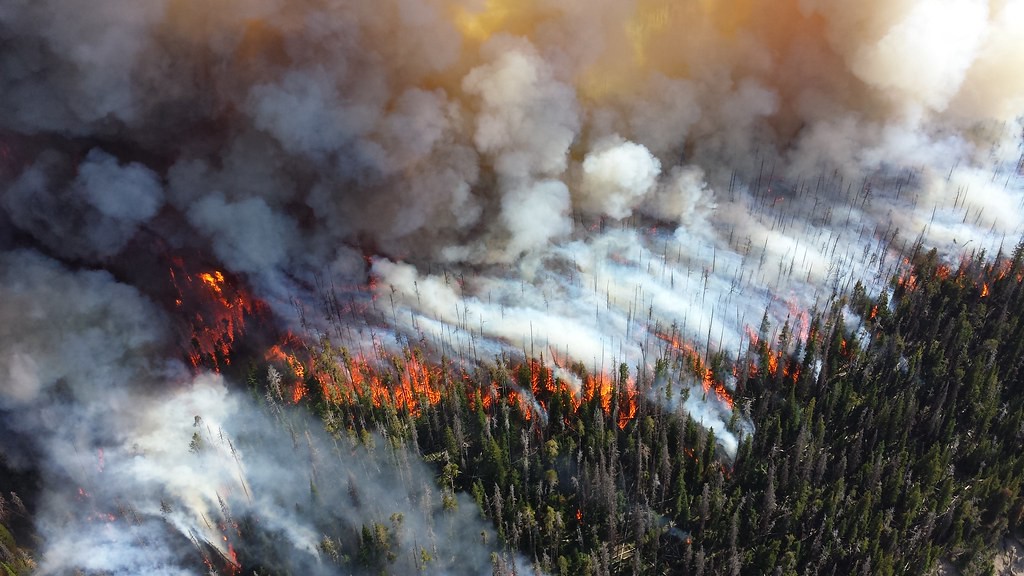March 3, 2022
The World is Ending
I am part of a generation that feels, constantly, and even in the most mundane moments, that the world is ending.
Almost every article I read these days begins with the same preamble listing all of the overlapping crises, topped off by the climate crisis, which will quite possibly lead to the extinction of our species. We have been told so many times that we have an extremely brief window to turn things around, and even then, it is already too late in many ways. I feel swallowed by despair, and I know I’m not alone.
But while there are some things about this moment that feel unique, I remind myself that the experience of the world ending is not new. Whether due to a prophecy or a very real looming threat, many of our ancestors also likely felt that the world was ending. And in many cases their worlds did end. The devastation on Easter Island, the fall of Carthage, the arrival of Columbus, the centuries of chattel slavery, the destruction of Hiroshima, the Cold War, even the Cuban missile crisis — these all must have felt like the end of the world. Facing loss, despair, uncertainty, and death is as much a part of the human experience as anything else.
It’s true that this notion of historic solidarity might not be encouraging. But perhaps it is useful in another way, can point us toward some wisdom we have yet to unlock. Maybe it can shed some light on a question it would serve us well to answer: what do people do when their worlds are ending?


